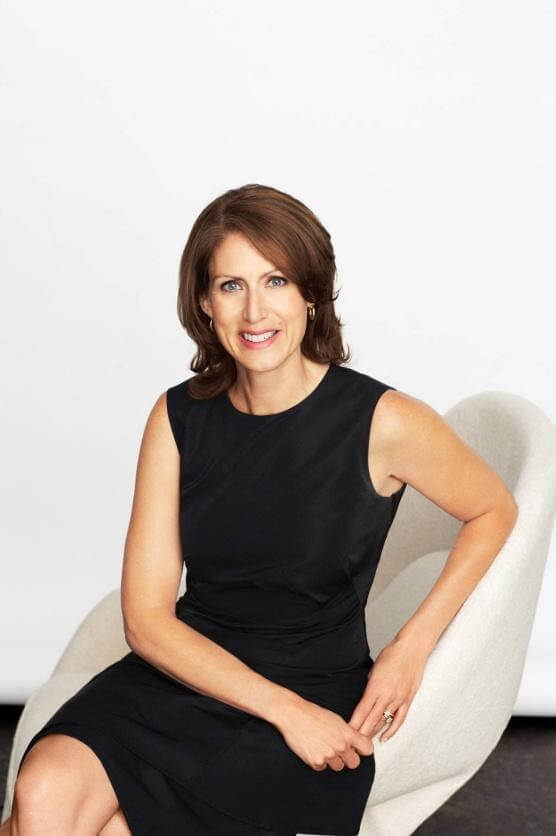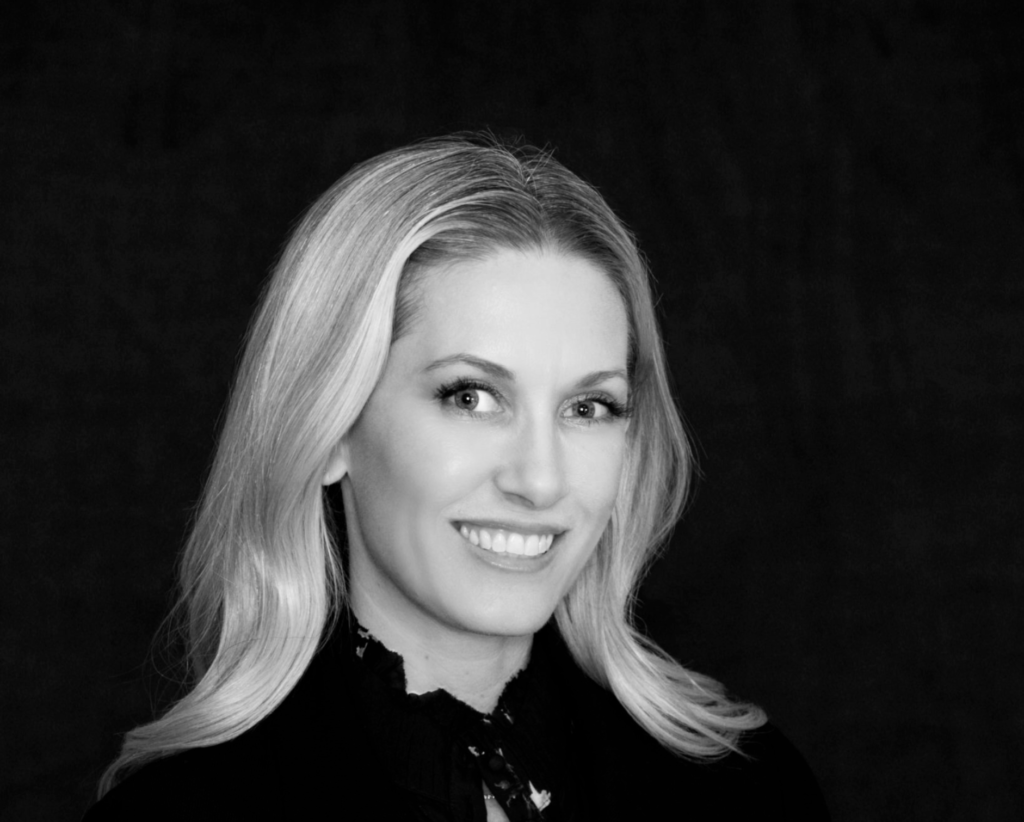
Being a little over eight months pregnant, I suppose it’s not surprising that my mom would be in my thoughts these days. When she returned to work from maternity leave after giving birth to me in the 80s, she discovered, not atypically for the times, that her position had been eliminated. So, I’ve been a feminist since I was in the womb.
My mom was a role model in every sense of the term. The year I was born—the same year she lost her job—she made dolls for my sisters and me for Christmas. People kept asking about them, so she started her own doll-making company. By the time I was 13 years old, she was one of the premier doll artists in the country, with pieces on exhibit in the Louvre and White House. That showed me that even if you’re held back, you can still fight for progress and do it in your own way.
Now, I’m a working mom with three kids and I know firsthand that women have no limitations. We can make a real difference. For me, working at Secret and being part of SeeHer is the fulfillment of a lifelong mission.
Since its inception more than 60 years ago, Secret has been a driver of equality for Procter & Gamble. Our brand always has been about progress. Our very first ad, in the 50s, featured a woman in a leading role on stage. Not at home. Not in the kitchen. Not with a husband or kids.
We created a print campaign in the 70s and 80s that showed women of color and others in strong, confident roles like actress and taxi driver. Later, we were the first to show women in college in a commercial. My favorite Secret ad from the 90s showed a working African-American mom on her way back from a business trip, calling her husband at home with the kids to tell him she was running late. And in this century, we’ve partnered with progressive women like Danica Patrik, Mia Hamm and Serena Williams.
So, gender equality is woven into the fabric of our brand (SeeHer co-chair Marc Pritchard ran the brand in the 80s and is our coach and mentor.) And it’s built into my family’s DNA.
When we announced our partnership with Serena, we asked if her daughter, who’s two years old now, compelled her to go back out on the court. She said no, she compels herself to get on the court.
I can relate to that perspective. I work toward a bias-free world because it’s good for my business, but it’s even better for my soul.


